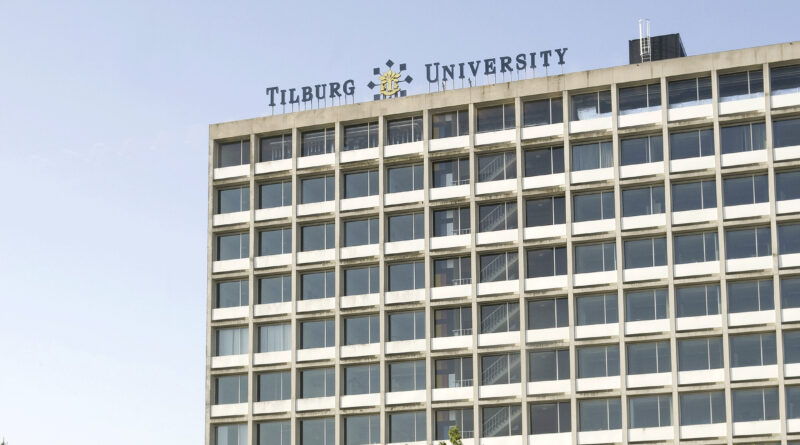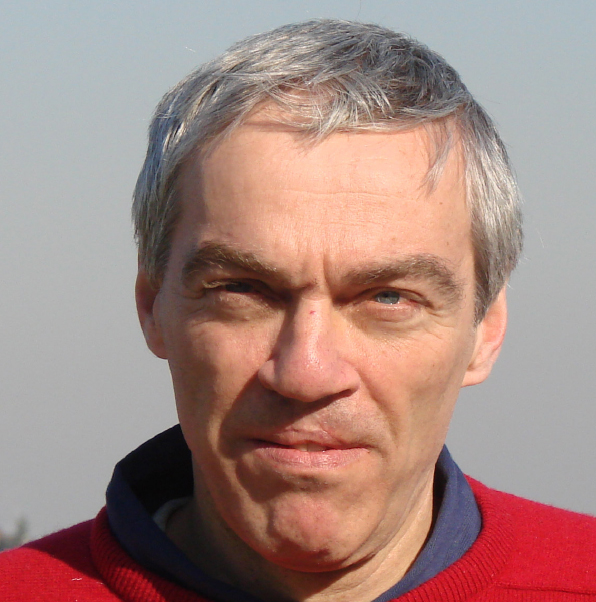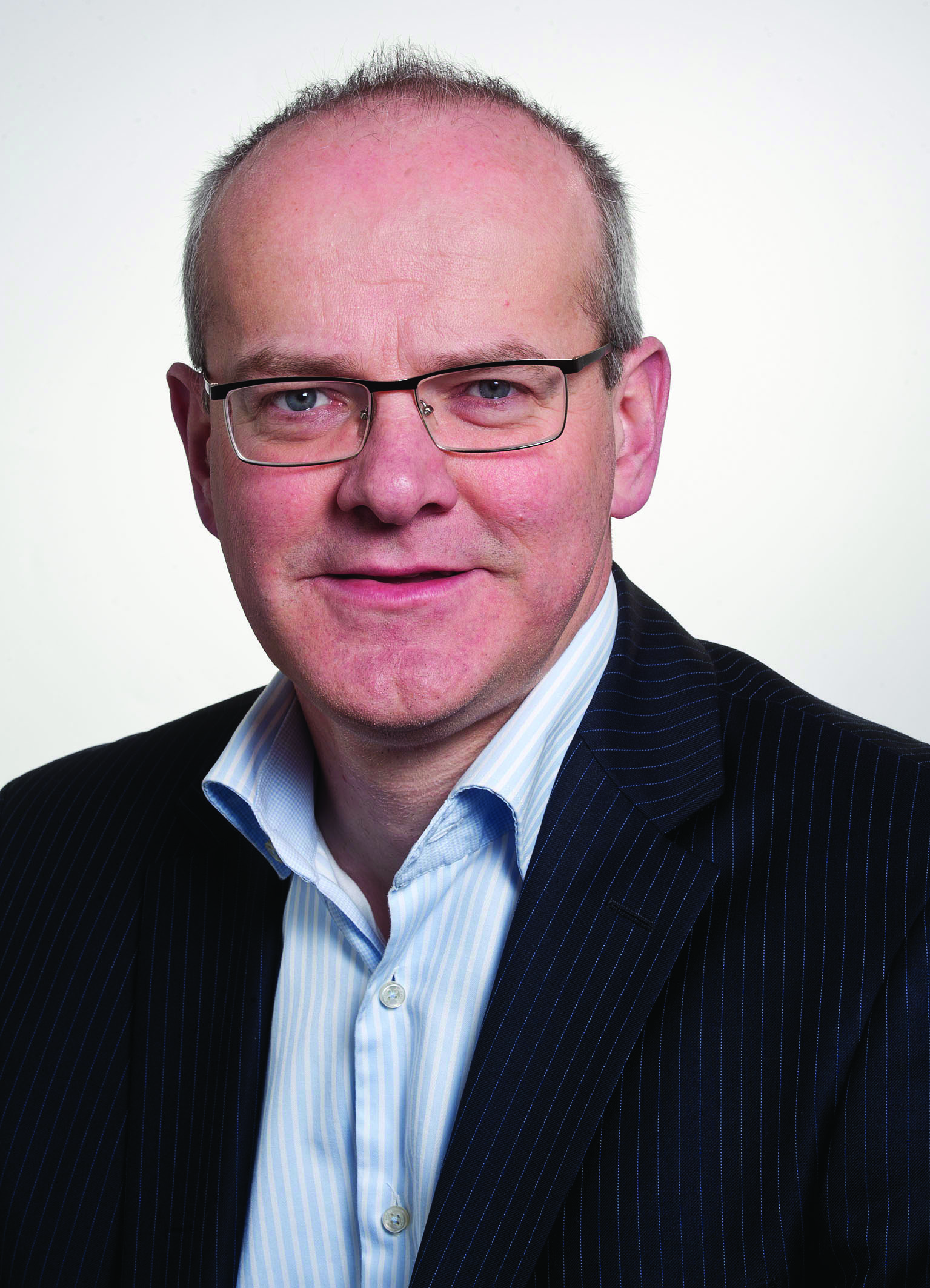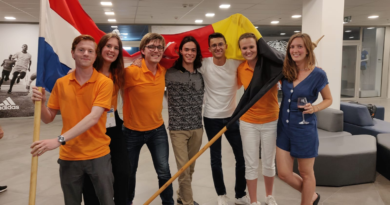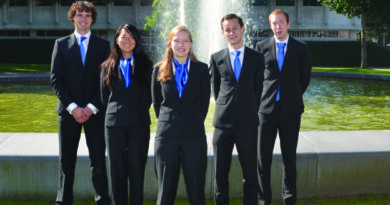Exploring Research in Detail
In this article we will highlight three of the best researchers the department of Econometrics and Operations Research has to offer. First of all, we will discuss the research of Arthur van Soest, which mainly focuses on econometrics in the traditional sense of the word. Secondly, we discuss the research of Hans Schumacher, primarily focused on financial mathematics and pension systems. Last, but certainly not least, Dick den Hertog’s research will be the topic. His research concerns both theory and applications of operations research.
Arthur van Soest
Arthur van Soest is one of the top researchers in the department in the field of econometrics. Examples of articles published are ‘Measuring inequity aversion in a heterogeneous population using experimental decisions and subjective probabilities’ in Econometrica and ‘Heterogeneity in risky choice behavior in a broad population’ in the AER. In this article we will mainly focus on a recent study on the sensitivity of the age of retirement with respect to financial incentives. However, we will first focus on his research in general.
Arthur usually has a many projects going on, of which he works on three to four on a monthly basis. These projects tend to be a collaboration, either with a PhD student or with another researcher somewhere in the Netherlands, or even abroad. Nowadays, all of his projects involve real data and have some practical application. In the past, however, he was also involved in some theoretical and methodological research. The beauty of research, in his opinion, is that you are completely free in choosing what research you want to do. Another pro is that occasionally, some unexpected results appear, with which you may have to deal. Arthur describes research being similar to an assignment in courses in Econometrics. There is one big difference though, since in actual research, all the sub questions are not already given, which means you have nothing more than at most a research question and a data set.
Recently, Arthur was involved in a research project together with Hana Vonkova. This research project investigated whether people would be willing to retire at a higher age, if this would mean higher pension benefits after retiring. There are several stages in a project like this. First of all, one must think what kind of model would describe the relationship you are after best. Next, one must gather the data needed to estimate this model. This sounds easier than it is, however, since one must also consider the way in which data is gathered. In this project, for instance, people were asked to rate four options with a number on a scale from 1 to 10. Afterwards, people had to choose between two options twice. It is important to consider the way these questions are asked though, since this might influence the outcome.
As soon as data is gathered, this data must be used to estimate the parameters in the model. Last but not least, the estimated model must be interpreted. This can be done in many ways though. One could directly interpret the estimated parameters, for instance, or one could interpret the predictions the model makes. This research gives some interesting results and interpretations. For example, about 41% of the population is estimated to be willing to retire at a higher age than 65, as long as there is a financial compensation, i.e. higher pension benefits after retirement.
Another interesting result is that if pensions in general are cut evenly, independent of the age of which you would retire, people will in general work longer to make up for this loss. This effect is also called the income effect in this study. Besides this, part-time retiring is also studied. The results of this are, however, too elaborate to summarize here. The main conclusion of the study is that people are, in general, willing to work longer when there is a financial compensation. This does not mean that this is a feasible solution though, since employers also need to agree with arrangements like this.
Studies like this could serve as extra arguments in political debates, but that is not the main goal of Arthur. He is primarily interested in investigating relationships within society and generally does not perform research commissioned by the government or private companies.
Hans Schumacher
Pensions are one of the hot topics in the news at the moment and have been for quite some time now. It is therefore not surprising that a lot of research is being done in this area. One of the people conducting research in the field of pensions is Hans Schumacher. In collaboration with Bas Werker, Jaroslav Pazdera, and recently also Hailong Bao, he is performing research on the topics of financial fairness and the holistic balance sheet. Pension systems have a long history and are constructed in different ways all over the world. Currently the main concern (especially in the Netherlands) is to find a way to construct such a system, so that it can be considered to be fair.
Fair, however, is a word which can be interpreted in many different ways. This research will approach the problem from a strictly financial perspective, since for pension funds, in principle, this is all that matters. This means that the type of fairness considered is financial fairness.The concept of financial fairness means that the financial value of the payments one has to make in the future should equal the financial value of the benefits one will receive. This does seem like it is a reasonable definition for fairness and raises the question why this concept is not used in practice everywhere. The answer is quite simple: it is very complex to calculate these financial values.
The reason why this is so difficult, is that a pension contract, the agreement between a pension fund and its members, contains many involved clauses and depends on several option-like statements and conditions. For instance, a pension fund may stop indexation of pension benefits when their funding level ends up below certain bounds. This funding ratio will depend on profit made with assets, but also on interest rates, etcetera. This example already illustrates that the financial value of such a contract is not easy to determine.
In this research, however, there has already been made some significant progress in this area. For a one-period model, with a preset investment strategy, they have proven that the concept of financial fairness yields a unique Pareto-optimal solution. Besides that, they have developed an algorithm to find this strategy both with and without a preset investment strategy. At the moment, they are working on an algorithm to find a Pareto-optimal solution within the concept of financial fairness in a multi-period model with several generations. At first, they found a way to calculate an analytical solution. This method, however, would already take excessive computation time, for instances with three periods and four generations. This made them consider an algorithm of approximation and so now they can obtain a close to optimal solution for the same instances within minutes.
What makes their research unique compared to other research in this field, is that they do not only focus on the theoretical background, but that they have also developed an algorithm for finding the solution. The goal is for this algorithm to actually be used in practice by pension funds and asset managers to evaluate pension contracts.
The research described above is just one of the many project Hans Schumacher is currently working on. He is usually involved in five to ten projects at a time. Of course, some of these projects are more of a main focus than others, but the numbers illustrate the diversity of work when being a researcher!
Dick den Hertog
EOR students will probably have heard of Dick den Hertog and his famous applications of operations research in practice, especially the well-known dike heightening problem. This is not all that Dick does, however. The first thing that attracts your attention in his office, is a large map of the world hanging on the wall. This might cause one to wonder whether traveling is an important part of his job. The answer is that Dick travels to speak at a couple of conferences every year, which usually last for a couple of days and mostly take place in the United States or Europe. He tries to minimize the amount of travel he does though, since he also has a big family at home.
Besides these conferences, he gives quite a few presentations for companies as well. In these presentations he explains the latest developments in operations research to the firms and also explains how they could apply them in practice. For companies, this is important as numerous papers and articles on operations research are published every year. They rely on people like Dick to filter from those what is important for them to know. What he likes about these presentations is keeping in touch with the practical application of operations research. In this way he knows what kind of theoretical developments would benefit the practical applications the most and he can try to solve these problems in his theoretical research. Besides that, discussing your own and especially other people’s research is a great way to obtain inspiration.
Dick tries to distribute his time evenly between two things. First of all, he is still involved in a few top notch practical projects, which may or may not be a collaboration with a PhD student. One of the projects he is currently involved in is optimizing the radiation treatment plan for tumors. In this project they try to optimize the distribution of several radiation sources together with the amount of radiation to destroy tumors as effectively as possible while trying to spare healthy organs as much as possible. The uniqueness of this project, which is mainly carried out by his PhD student Marleen Balvert in cooperation with MAASTRO clinic, lies in the fact that they are experimenting on mice, so they can actually measure the effectiveness of a treatment.
The second thing Dick spends his time on is theoretical research in the field of robust optimization, together with three PhD students: Ihsan Yanikoglu, Jianzhe Zhen, and Krzysztof Postek, and several other colleagues. This is a relatively new field in operations research, illustrated by the fact that there is only one book on it, written by the three ‘founding fathers’ of robust optimization. This book, however, is very technical and difficult and therefore it is not often used for educational purposes. To solve this problem, Dick is currently working on a book together with Ruud Brekelmans and Aharon Ben-Tal, who is one of the three ‘founding fathers’ of robust optimization. This book will be more accessible, with chapters both focusing on master students and PhD students. Dick himself has applied robust optimization in several of his projects in some way as well.
Dick also mentions that operations research is, and probably will be for quite some time, booming business. He mentions two causes for this. First of all, firms are struggling to compete in traditional ways, such as quality of products and services. They can, however, still gain a lot by optimizing processes within the firm, thereby cutting back costs and possibly prices as well. The second reason is that the amount of data which is available is growing at an unbelievable high rate. While several years ago, obtaining the needed data was still quite a hard task, nowadays firms have data on almost everything that goes on within them. There are predictions that in 2015, firms will need around 4.4 million people specialized in operations research. There will, however, be only about 1.5 million people available. He suggests to get aboard the operations research train while you still can!
Text by: Ernst Roos

